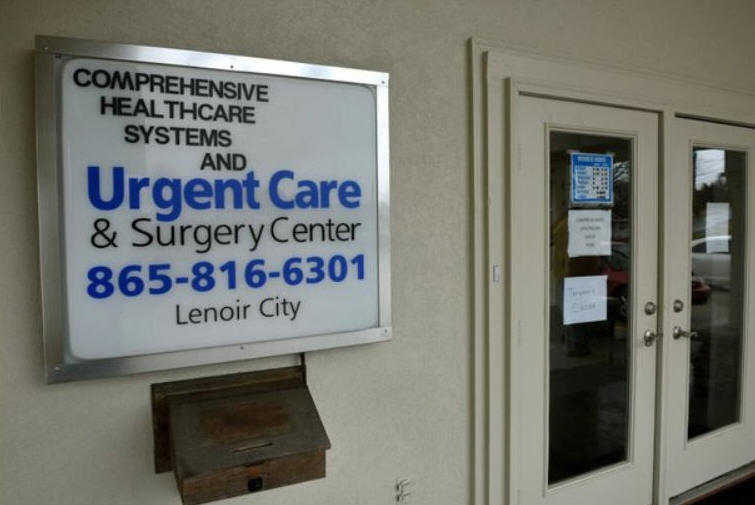Revenue in alleged pill mill now
tops $30 million

With each record unsealed, the cash register keeps ringing in what already is the most lucrative alleged pills-for-cash operation unmasked in East Tennessee.
A team of federal, state and local authorities on Tuesday launched a series of raids at pain clinics in Knoxville and Lenoir City and the U.S. Marshals Service began hauling defendants into U.S. District Court that afternoon.
On Wednesday, the flow of suspects into court continued in an alleged pill mill operation that now tops $30 million in revenue authorities say it generated.
At least 19 defendants made initial appearances Wednesday in the case, bringing the total charged so far to 35.
Assistant U.S. Attorney Tracy Stone has said there were more than 34 indictments returned by a grand jury in the case. Many of those list more than one defendant, and authorities are expected to continue arresting people in the case for days, maybe even weeks to come, Stone told U.S. Magistrate Judges Bruce Guyton and Clifford Shirley.
The alleged leader of the operation was arrested Tuesday.
Sylvia Hofstetter, 51, garnered her own indictment, which alleges she earned $17.5 million in just four years from operating pills-for-cash pain clinics in Lenoir City and Knoxville and is accused of leading the overall conspiracy to possess and distribute prescription painkillers, inspiring spinoff ventures in Lenoir City and Knoxville operated by former employees and paving the way for so-called “sponsors” who fund addicts’ trips to the pill mills in return for a cut of the drugs. The sponsors then sell those pills to more addicts.
The spinoff clinics netted those operators $10 million from late 2012 to last week, when the first round of indictments were returned in secret.
Guyton and Shirley are tasked with handling the initial appearances and arraignments of the dozens of defendants being rounded up. The two magistrate judges set trial dates for each group of what court records outline as a three-tier operation, topped by Hofstetter with the spinoff clinic operators beneath her and the pill mill travel agents on the bottom.
All of those trial dates are expected to be delayed, however, because the U.S. attorney’s office is introducing a novel approach to sharing evidence with the defense and defendants.
“I think we are going to be the first in the country to use it,” Stone told the magistrates.
Instead of handing over to the defense a copy of a hard drive chocked full of evidence only federal authorities really know how to decipher with technical help, Stone said he will be placing all evidence “in the cloud,” so it can be accessed via the Internet. But, because the venture is so novel and the evidence in the case so massive, Stone said it will take at least 100 hours to prepare it for access by defense attorneys.
“If it works, I think all the defendants and attorneys will benefit greatly,” Stone said.